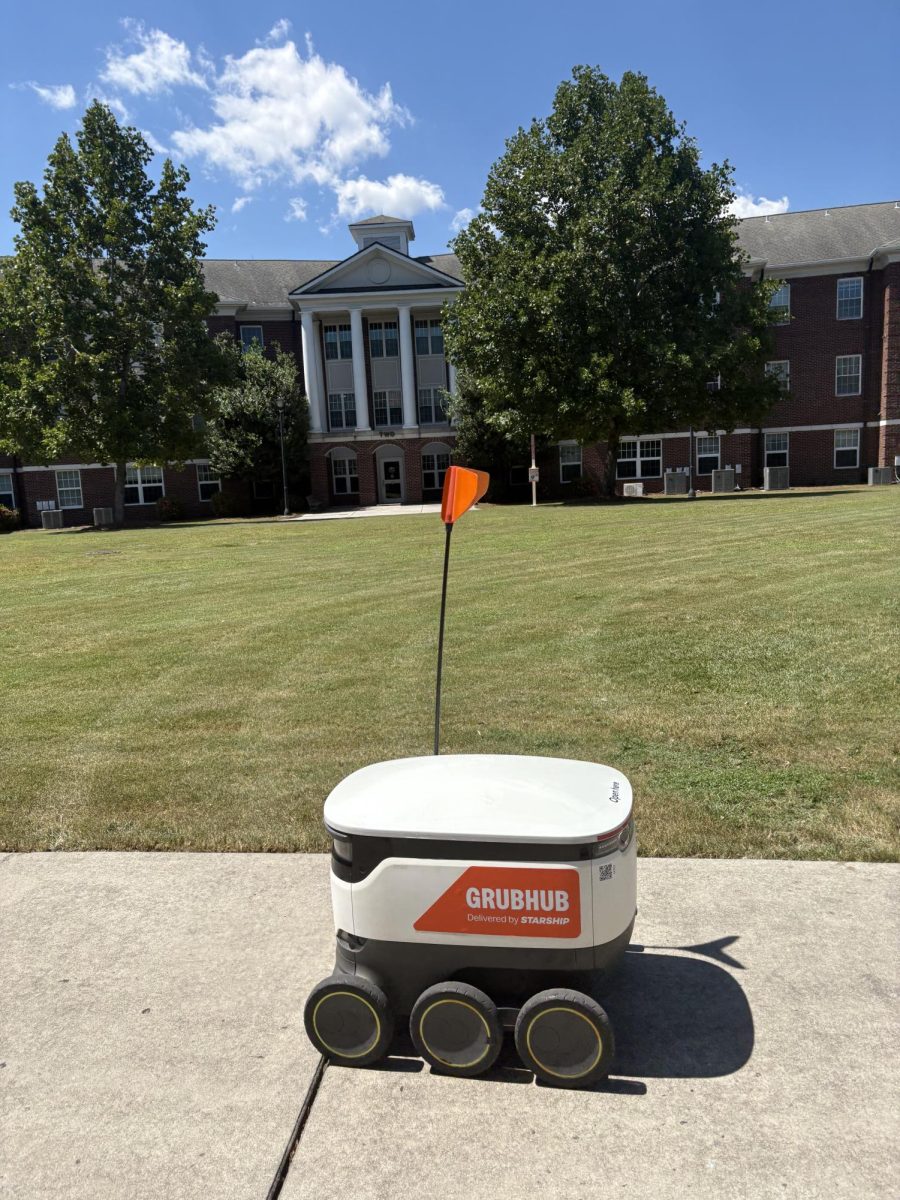
Addressing substance use disorders (SUD) requires a multifaceted approach. Over the years, substance abuse has caused millions of deaths, social disruptions and regulatory concerns. According to authors such as Dan Lubman and Jodie Feil, substance abuse impacts an individual’s ability to live a healthy and stable life. Substance abuse can significantly impair judgment and decision-making as it affects multiple parts of the brain. Stress or stress-induced experiences are the most common causes of relapse for individuals with substance use disorders. College students across the world speak about the “college experience” and in some cases this can create dangerous situations for those in recovery. As students, it is incredibly important that we are aware of the stages of relapse to ensure the safety and wellbeing of those around us and ourselves. How can we as students work to improve the psychological well-being of those suffering from SUD? The use of Eye Movement Desensitization and Reprocessing (EMDR), in addition to recovery support groups, could potentially desensitize post-traumatic memories in hopes of postponing relapse in recovering substance abuse patients.
EMDR is a therapy used to reduce the psychological discomfort caused by traumatic memories. During EMDR sessions, patients recall their traumatic memories while occupying oneself with bilateral stimulation such as moving their eyes back and forth. This technique allows the brain to reprocess disturbing memories associated with painful feelings and replace them with more resolved and peaceful feelings.
Stress or stress-induced experiences are the most common causes of relapse in individuals with SUD. Relapse consists of three stages: emotional relapse, mental relapse and physical relapse. In the first stage of relapse, patients isolate themselves, become stressed and stop attending support groups. Patients in stage two of relapse begin to romanticize their past drug use and have thoughts of using again. In addition, they may begin to plan using substances again. During the final stages of relapse, patients resort to drug use.
Psychology may be able to pinpoint the roots of addiction and help those suffering from Post Traumatic Stress Disorder (PTSD) through the use of EMDR. Desensitizing traumatic experiences may decrease the need for patients to use and replace temporary feelings of peace with more permanent ones. By reducing emotional triggers that catalyze addictive behaviors, EMDR may have more permanent effects. It is important to note that EMDR should not be used as an independent treatment for addiction despite its promising effects. However, a combination of EMDR, recovery support groups and other therapies can work as a system for treating addiction.
Traumatic experiences can significantly impact an individual’s mental health, quality of life and can lead to depression and anxiety due to disturbing and painful memories. Individuals most commonly use drugs for self-medicating to relieve feelings of anxiety and to temporarily increase dopamine. Yvonne M. Chasser, a medical doctor at Massachusetts General Hospital in Boston explored the drug patterns and behavior of 195 juveniles diagnosed with SUD. While reviewing her data, Chasser stated, “This suggests that teens with PTSD are preferentially using alcohol, tranquilizers and narcotics to self-medicate symptoms of PTSD such as hyperarousal, anxiety and pain resulting from traumatic experiences.” Patients with PTSD most commonly form coping skills to aid their disturbing memories and painful emotions, and they may turn to alcohol or drugs to cope with symptoms stemming from a traumatic experience.
Substances can temporarily desensitize nightmares, flashbacks and anxieties which can lead to substance abuse. College students are constantly under stress due to coursework and exams and many look for ways to de-stress by engaging in substance use which can be highly addictive. By hiring therapists that specialize in EMDR therapy, UNCW can potentially prevent students from relapsing and expand their support resources for students who might be suffering from a substance abuse disorder. Looking at the bigger picture, the use of EMDR can extend beyond just college campuses. EMDR can be used in clinics, group homes, treatment centers and even homeless shelters. If EMDR is more accessible for patients with SUD, psychologists may be able to figure out how to help prevent regression and even prevent substance abuse in future generations.




















